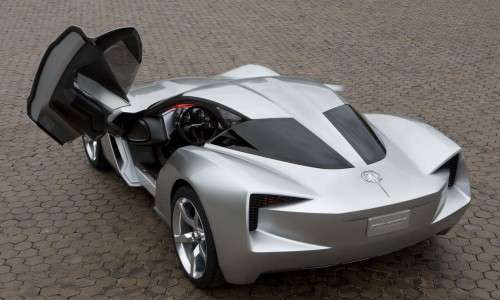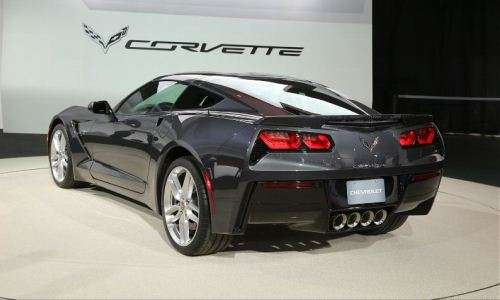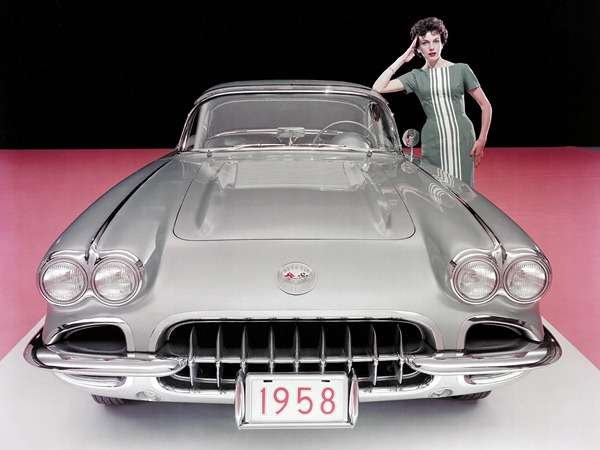I don't because I'm not an American taxpayer (low blow).And when you answer, please state whether you own any GM stock.
I had enormous problems with the Volt design from a technical standpoint right the way through, and the resulting design and performance justify that position. It is bad design well executed. I also disliked the hype about it and the mouth-breathers made any sensible discussion of the powertrain architecture impossible.
If I ran GM I'd put some money into the Corvette's interior, and maybe try and drag the body structure into the 90s, if that hasn't been done (I haven't driven one for 22 years). But I doubt that would increase profitability.
Late edit: here's a partial list of torsional rigidity figures, stolen from http://www.germancar...rigidity.12334/
note that BMW make a fetish of achieving high stiffness in their sedans, Porsche on the other have always been happy to work around a low figure. I am responsible for 1450 of the Esprit number by the way!
BMW X5 (2004) - 23,100 Nm/degree
BMW E90: 22,500 Nm/deg
BMW Z4 Coupe, 32,000Nm/degree
BMW Z4 Roadster: 14,500 Nm/deg
Bugatti Veyron - 60,000 Nm/degree
Chrysler Crossfire 20,140 Nm/deg
Chrysler Durango 6,800 Nm/deg
Chevrolet Corvette C5 9,100 Nm/deg
Dodge Viper Coupe 7,600 Nm/deg
Ferrari 360 Spider 8,500 Nm/deg
Ford GT: 27,100 Nm/deg
Ford GT40 MkI 17,000 Nm/deg
Ford Mustang 2003 16,000 Nm/deg
Ford Mustang 2005 21,000 Nm/deg
Ford Mustang Convertible (2003) 4,800 Nm/deg
Ford Mustang Convertible (2005) 9,500 Nm/deg
Jaguar X-Type Sedan 22,000 Nm/deg
Koenigsegg - 28.100 Nm/degree
Lambo Murcielago 20,000 Nm/deg
Lotus Elan 7,900 Nm/deg
Lotus Elan GRP body 8,900 Nm/deg
Lotus Elise 10,000 Nm/deg
Lotus Elise 111s 11,000 Nm/deg
Lotus Esprit SE Turbo 5,850 Nm/deg
Porsche 911 Turbo (2000) 13,500 Nm/deg
Porsche 959 12,900 Nm/deg
Porsche Carrera GT - 26,000Nm/degree
There are enormous problems with lists like these, as test technique will have a significant contribution. None the less, if you were to draw a line, 15-20000 looks like being a reasonable target for a modern car with a tin roof.
The downside of having a relatively soft body is that squeaks and rattles get a lot worse, it is more difficult to tune the shocks, and the shake performance on rougher roads gets a lot worse. The advantage is the potential weight saving, and obviously smaller chassis members mean better packaging.
Edited by Greg Locock, 20 January 2013 - 22:44.




















